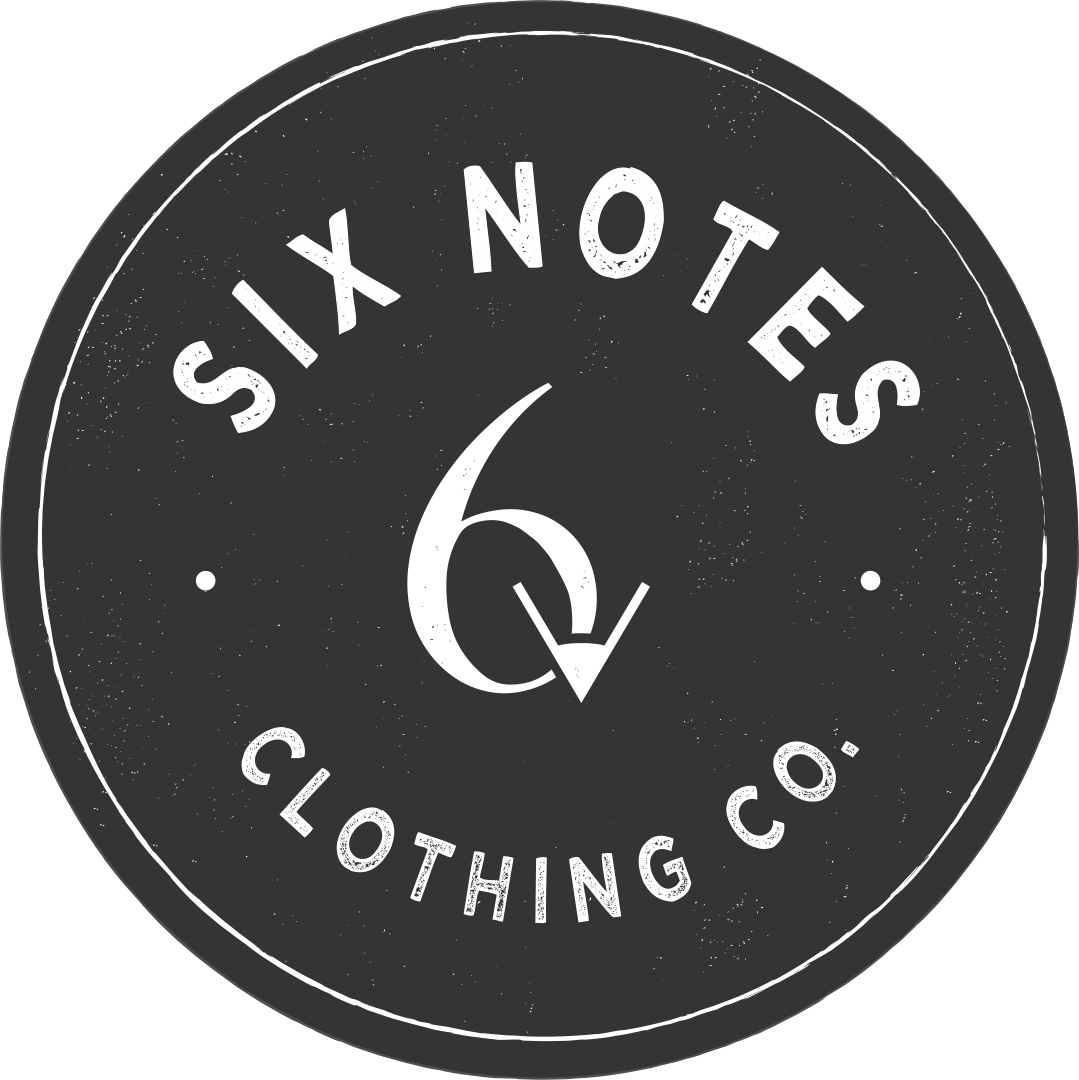Bulrush in the Bible
The Bulrush a beautiful symbol of trust and faith in the Bible. The Bulrush was abundant in the land of Egypt found in the wetlands, specifically the shallow waters of the banks. They were very large, 12-15’ tall with stalks 2-3” in diameter. Many times the bulrush was called a reed or papyrus (for its later use of paper.) They also used parts of the bulrush for food from the root and for garments and shoes from the stalk because of how fibrous it was.
There are many places the Bulrush is used in the Old Testament Bible which we listed at the end of this post to dig deeper. Those references of the Bulrush often refer back to physical properties, locations found or analogies to bring the story to life. But there is one story specifically which brings great symbolic meaning to the Bulrush – the meaning of protection, trust and faith. And that story is Baby Moses.
In Exodus 2 we read about a new King that came into power who started to fear the Israelites for their sheer size in number for the Lord had blessed Israel greatly. He was afraid the Israelites were going to organize and join forces with Egypt’s enemies which would threaten his kingdom. So he oppressed the Israelites and made them their slaves. I’ve often wondered how Pharaoh (the King) could easily do so. It was because the Israelites were foreigners in the land of Egypt and lacked the same rights as Native Egyptians. They were made slaves by force. But slavery alone didn’t satisfy Pharaoh. He added to the brutality and had all the baby boys killed to stop the Israelites from growing in size. In Exodus 1:22 he gives the orders to throw every newborn Hebrew boy into the Nile River.
In Exodus 2 we are introduced to a brave woman who we later find out is Amram. She gave birth during this time to a baby (Moses.) She tried to hide the baby for 3 months but she found that after 3 months she could no longer hide him, so out of faith she sacrificed her well-being and put her baby into the hands of God rather than kill him. She crafted a small boat out of tar and papyrus reed or Bulrush. This was a woman who knew what she was doing as Egyptian river boats were made with these same reeds and water proofed with tar. Trusting God she did exactly what Pharaoh said to do and “put her son in the river” but she did so with great care. She strategically floated him in the river in a boat which insulated him from the weather and “camouflaged” him among the reeds. She might not have been the only mother to do this but she is our great example of trusting God with something so special for His protection and care.
Our hope and prayer as you see the Bulrush is to be reminded to have faith and trust in the Lord. We all have to give up something special at some point in our life. Do we trust God for his care and protection over it?
Dive Deeper:
You can also find the Bulrush referenced in the passages below.
Isaiah 58:5
Isaiah 18:2
Isaiah 19:6-7
Job 8:11
Job 41:20
Brief explanation on each passage above.
Isaiah 58:5 - “bowing one’s head like a reed…” God warns against the wrong kind of fasting. “hollow, empty, and for show. It has no spiritual substance behind it.
Isaiah 18:2 - speaks to swift Papyrus boats down the river. This is a message to Ethiopia. In the days of Isaiah, Ethiopia was a major world power, ruling Egypt and a chief rival to Assyria. Judah aligned with Egypt against Assyria.
Isaiah 19:6-7 - streams of Egypt will stink with rotting reeds and rushes. Crops will dry up. This is a message about Egypt. Isaiah warned against an alliance with Egypt against Assyria. Because God would destroy Assyria in time.
Job 8:11 - Can reeds grow without water..? Here Bildad was upset that Job still claimed innocence while questioning God’s justice. Bildads theory was that God cannot be unjust, and God would not punish and injust man, therefore, Job must be unjust.
Job 41:20 - references burning reeds. In Job 41 the Lord responds to Job and challenges him. “who are you to question God. Job 41:20 and the verses surrounding references the Leviathans which some said to be a mystical sea creature, dragon, or just a crocodile.



